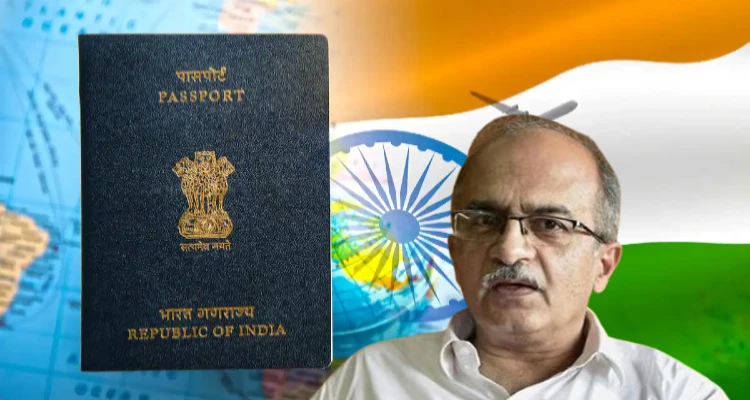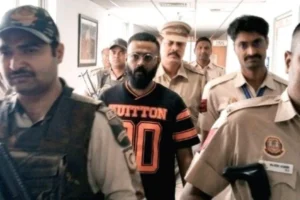
The Supreme Court on Thursday deferred until after the summer vacations a petition challenging the constitutional validity of a provision of passport law and a notification allowing for the issuance of passports for only a year to an accused upon receipt of a ‘no objection certificate’ from a court.
Justices Abhay S Oka and Ujjal Bhyan adjourned the matter after being informed that senior advocate Jayant Bhushan, representing the petitioner, was unavailable. The top court’s summer vacations will begin on May 20, and it will reconvene on July 8, 2024.
Previous Hearing
The apex court had previously issued notices to the Centre and the Regional Passport Office in Ghaziabad regarding a plea filed by lawyer Prashant Bhushan. Bhushan, who receives a passport valid for only one year due to FIRs filed against him for alleged participation in protests and ‘dharna’, filed the appeal in the top court against the Delhi High Court’s January 2016 verdict, which had dismissed his plea against a provision of the Passport Act.
Constitutional Validity
“The petitioner had challenged the constitutional validity of section 6(2)(f) of the Passports Act, 1967, which states that a passport shall not be issued or reissued to a person accused of committing any offence,” the plea stated.
“The blanket prohibition in section 6(2)(f) has been partially lifted via a notification issued in 1993, which states that a passport may be issued or reissued if the applicant produces a No Objection Certificate (NOC) from the concerned court. If no period is mentioned in the NOC, then the passport shall be issued or reissued for only one year. The petitioner also challenged the constitutional validity of this notification,” it added.
Bhushan’s counsel informed the top court that the provision in question does not differentiate between serious and less serious offences. It imposes equal restrictions on accused individuals seeking new or renewed passports, which, according to them, violates the right to equality.





